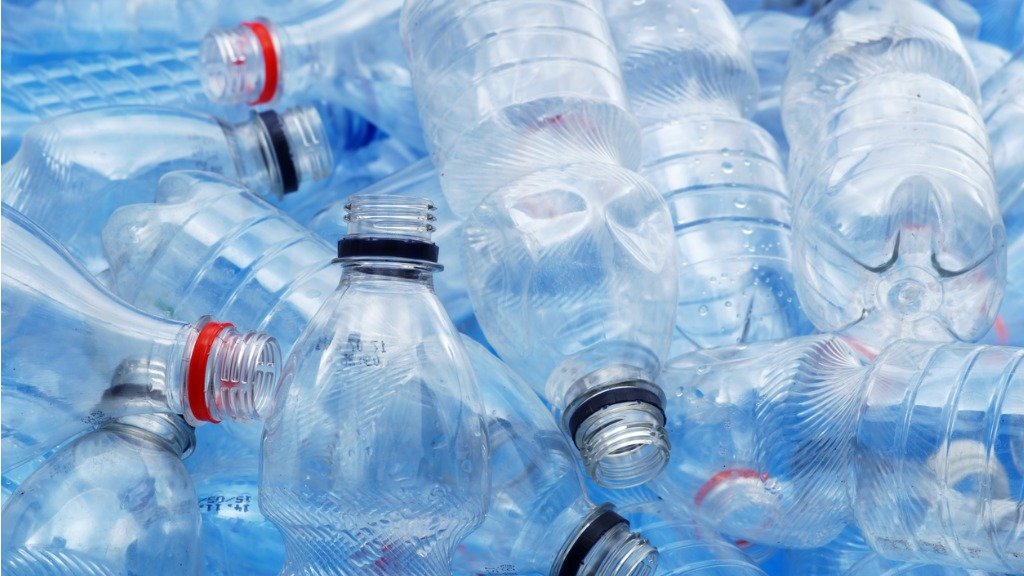What Is Extractables And Leachables Testing And Why Is It So Important?

Extractables and leachables testing is absolutely critical, but your average person on the street might not be familiar with the words. There’s certainly been a lot of discussion about substances ending up where they shouldn’t in the UK in recent months, and public awareness is growing.
These terms refer to the evaluation of potentially harmful substances that can migrate from materials and components into the products they come into contact with.
Understanding Extractables And Leachables Testing
Extractables: Extractables are compounds that are released from a material when it is exposed to specific conditions, often under accelerated conditions. These conditions may involve solvents, high temperatures, or other stressing factors. The purpose of extractables testing is to identify and quantify the range of potential compounds that can be released from a material.
Leachables: Leachables, on the other hand, are compounds that migrate from a material or component into the product it comes into contact with during its normal use or storage conditions. Unlike extractables, leachables testing aims to simulate real-world scenarios to understand what substances are being transferred to the final product.
Find A Testing Group You Can Trust
Selecting a Reliable Testing Partner: Choosing a reputable and accredited testing group is crucial to obtaining accurate and reliable results. Look for laboratories that have a proven track record in materials testing and a deep understanding of regulatory requirements. If you need an extractables and leachables study conducted, get in touch with the team at Broughton. They have been delivering scientific insight since 2006 and are here to help give you peace of mind and expert advice.
Expertise in Analytical Techniques: An experienced testing group should be proficient in various analytical techniques, such as GC-MS, LC-MS, and Fourier-transform infrared spectroscopy (FTIR). These techniques are used to identify and quantify the compounds that may migrate from materials.
Understanding Industry Regulations: The chosen testing partner should have a comprehensive understanding of the regulations specific to your industry. This ensures that the testing process aligns with regulatory requirements and provides the necessary data to demonstrate compliance.
Customised Testing Protocols: Every product and material is unique, requiring tailored testing protocols. A reliable testing group will work closely with your team to develop a testing strategy that suits your product’s specific needs and characteristics.
Why Is Extractables And Leachables Testing Important?
Ensuring Consumer Safety: Harmful compounds that migrate from materials into products can lead to adverse health effects, ranging from mild irritation to more serious health complications.
Regulatory Compliance: Regulatory agencies require industries like pharmaceuticals and medical devices to adhere to strict guidelines to ensure product safety. Compliance with these regulations often necessitates extractables and leachables testing to demonstrate that products meet the established safety standards.
Product Quality and Stability: Migration of unwanted compounds can affect the efficacy, stability, and overall quality of products. By identifying and quantifying potential migration risks, manufacturers can make informed decisions about materials and components, as well as take steps to mitigate any issues.
So Remember
Extractables and leachables testing is a critical aspect of ensuring the safety, quality, and regulatory compliance of products in industries such as pharmaceuticals, medical devices, and food packaging. Ultimately, investing in extractables and leachable testing is an investment in consumer safety and product excellence.




